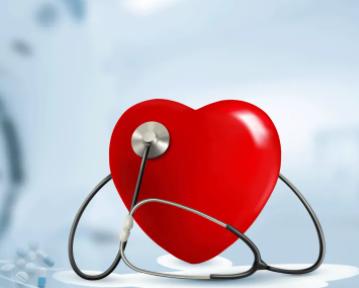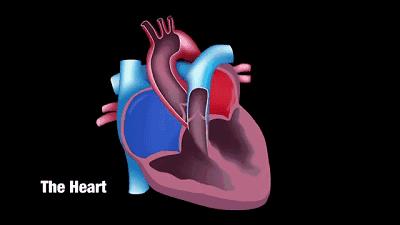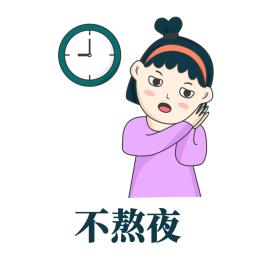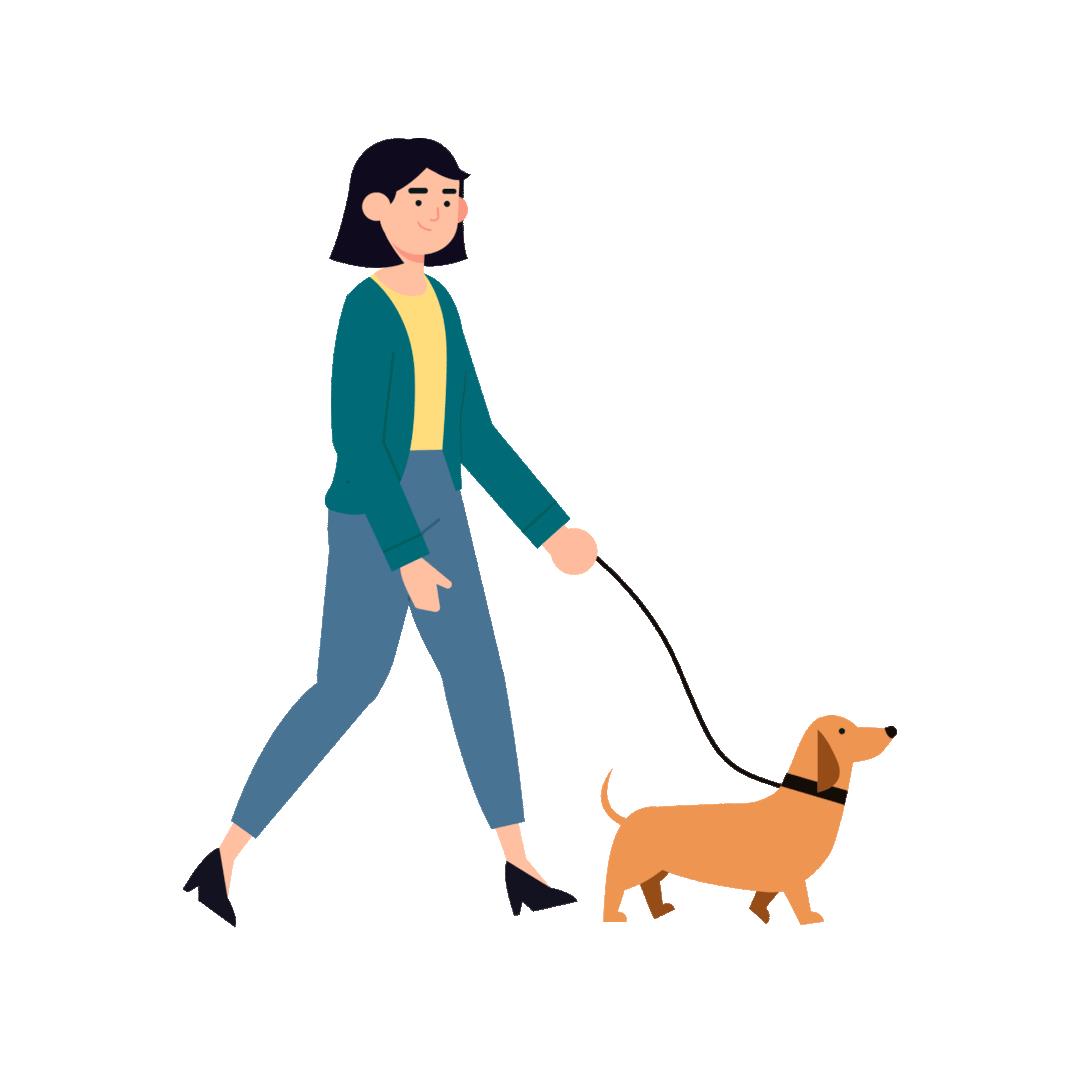Did your heart suddenly "thump"? The incentive behind it is not simple.
often work overtime
Stay up late at night to brush the drama.
Heart "hitched"?
When I come to my senses, I feel lucky and scared.
The heart suddenly stopped beating.
What the hell is going on?

What happened to the sudden "thump" of the heart?
The beating of a normal heart is regular, and the interval between heartbeats is basically equal. If the heart suddenly "thumped", it may be because the heart contracted ahead of time before the interval, making the heart beat prematurely.
Premature beat is a common clinical symptom, which has a wide range of diseases. Both normal people and patients with heart disease can have premature beats, and the incidence of premature beats increases with age.

Why do you have premature beats?
The human heart is a powerful muscle pump. It has left and right sides inside, and each side has two atrioventricular cavities.
The upper part is called atrium, and the lower part is called ventricle. The atrium can store blood, and the ventricle is responsible for pumping blood out of the heart.

In the upper right corner of our right atrium, there is a great man named "sinoatrial node", which can send out normal heartbeat signals and transmit them to all myocardium. He is a general commander!
But it’s hard to do this job, because there are always some "troublemakers" in the heart who want to usurp power and seize position, and their appearance will make the heartbeat signal abnormal, that is, premature beats.
If the abnormal signal originates from the atrium, we call it "atrial premature beat" (referred to as atrial premature beat), and if it originates from the ventricle, it is called "ventricular premature beat" (referred to as ventricular premature beat). If it is located at the junction, it is atrioventricular junctional premature beat.

Is premature beat a disease or a symptom? Is it life-threatening?
Premature beat is a disease, the symptom is that the heart suddenly "hitches". Most premature beats are benign, and the greatest harm to patients is psychological, which affects the quality of life.
Premature beat refers to the heart beat caused by premature impulse from ectopic pacemaker, which is the most common arrhythmia. Most premature beats are benign, although they will upset patients, but not fatal.
The incidence of malignant premature beats is very low. So don’t panic all day because of premature beats, there is no need to panic too much. It is suggested that patients should have an electrocardiogram, and doctors should judge the nature of premature beats. At present, it cannot be cured with drugs, but it can be controlled. Severe cases can be cured by catheter ablation.

How to stabilize the "jumping" heart?
Life and rest, eating habits, exercise intensity, etc., may affect the heartbeat, and daily adjustments can be made from these aspects.
01
Change the unhealthy lifestyle
Develop a regular routine, and try not to stay up late unless necessary; Quit smoking and drinking, drink less strong tea, especially before going to bed; Regularly defecate and keep defecation unobstructed.
Don’t be greedy for cold, don’t blow directly into the air conditioner, take a cold bath, or drink iced drinks.

02
Stay optimistic.
Mental stress, excessive psychological pressure, etc. may cause abnormal heartbeat, so we should actively adjust negative emotions to avoid excessive excitement or sadness.
If the heart rate is too high due to nervousness and emotional excitement, you can gradually restore calm by listening to music and meditation.
03
Strengthen exercise
Regular exercise, with appropriate exercise intensity, will exercise the cardiopulmonary function. The scientific exercise frequency is 3~5 times a week, 20~60 minutes each time, excluding warm-up and finishing exercise after the end. Recommended walking, swimming, Tai Ji Chuan and other projects.

Generally speaking, it is appropriate that the heart rate during exercise is about 20 times faster than that at rest. The internationally accepted formula is:
Exercise heart rate = 170-age
For frail and older people, exercise heart rate = (170-age) ×0.9.
04
Control weight
Obesity will increase the burden on the heart, and obese people should maintain a suitable weight through physical exercise and diet adjustment.
Body mass index [BMI= the square of weight (kg)/height (m)] is an important method to evaluate the degree of obesity. In China, it is generally considered that BMI≥24 is overweight and BMI≥28 is obese.

05
Reasonable diet
Develop a good habit of chewing slowly, and don’t be too hungry and full; Increase the intake of fresh fruits, vegetables and fish, eat less irritating food, reduce salt and oil and eat less fast food.

pay attention to
If relatives and friends around you suddenly get sick because of abnormal heartbeat, you should master some treatment methods:
Tachycardia: let him rest immediately, cough hard, lean back as far as possible or bend forward, which can stimulate vagus nerve and terminate some tachycardia; Tapping the precordial area several times is helpful to help the heart to cardioversion;
Bradycardia: you can take one piece of atropine and call the emergency number at the same time.

Original title: "Did your heart suddenly" thump "? The incentive behind it is not simple. "
Read the original text